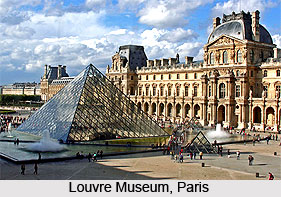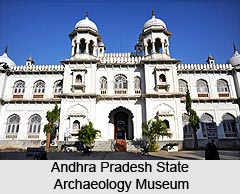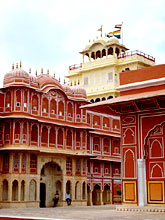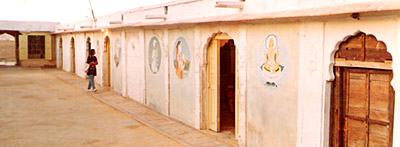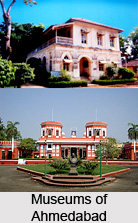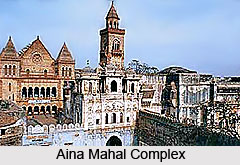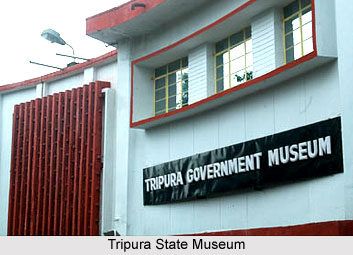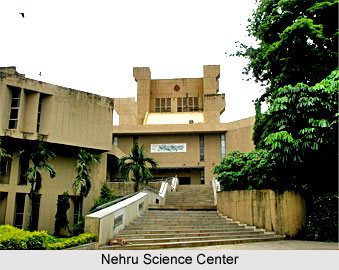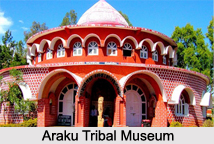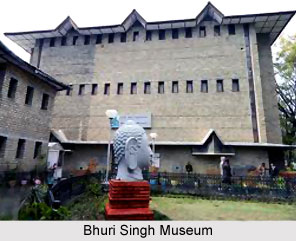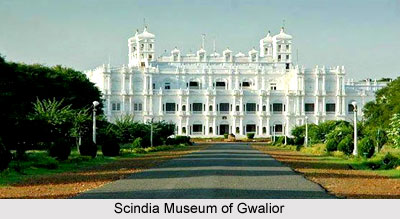The Mumbai Natural History Society located in Mumbai is probably the largest non-governmental organization in India. It is bent upon sustaining the enthusiasm and activities, favoring nature conservation. It has concentrated on the preservation of the nature and its abundance since its inception. Even the maintenance of the natural environment and ecological balance, fall within their purview does not get depleted. The green Governance programme is aiming at the attainment of the continuation of greenery around. Furthermore, the programme, includes, a vision of the future, pouncing upon particular policies and decisions and their proper application. The bird hornbill is the logo of the society since past few years.
It was decided that the conservation projects should be founded on intensive scientific research. In fact this condition was converted into a norm by the Society`s late president, Dr. Salim Ali. The sites of conservation-programmes primarily happen to be Western Ghats, Andaman and Nicobar Islands, Lakshadweep, North-east India, Gulf of Kutch, Gulf of Mannar, Central India and Satpura mountain range.
The main conservation-steps, upon which the Mumbai Society for Natural History has embarked, are as follows:
Mumbai Natural History Society is engaged in research on biodiversity, for planned large dams, sprouting up in north-east India and Central India. The Society has done ecological evaluation of large dams, belonging to Rangnadi and Lower Subansiri Dam in Arunachal Pradesh, Upper Tapi in Maharashtra.
The Conservation Department of the Mumbai Natural History Society was the first to expose the toxic effect of poisoning coral reef on sea turtles in Gulf of Kutch of the state of Gujarat. They hold the increasing habit of catching fish in the Gulf of Kutch, as one of the prime causes. The Department is equally vocal about how the Human River Project is ecologically affecting the tiger corridor in Chandrapur District of Maharashtra. The Legal section of the Conservation Department gets involved in Public Interest Litigation. For instance, it defended the Onge Tribe in Andaman.
The Protected Areas Conservation Department aids the forest department, NGOs and individuals, regarding conservation-purposes. For example, the Department along with the Forest Department fortifies the Tungareshwar Reserve Forest, from intrusion and illicit roadway-enlargement. The dedicated Conservation Department provided financial assistance through the City Forest Fund, to the Forest Department for the development Sanjay Gandhi National Park, Mumbai. The resettlement of villages, in the Melghat Wildlife Sanctuary, is a worth-mentioning attempt. Similar endeavor has been noticed during the shifting and re-establishment of irrigation-colony of the Corbett National Park.
Rediscovering the threatened species, called Jerdon Courser, in 1986, 80 years later, is a groundbreaking achievement for the scientists of the Conservation Department of the Mumbai Natural History Society, Mumbai. Training sessions are also scheduled by the Conservation Department, of the Mumbai Natural History Society, Mumbai. There are one-year distant education courses: Awareness Programme in Oceans: Biodiversity, Natural Resources and Sustainable Development. They provide the right knowledge and right training.
The Flora and Fauna of India have received deserved focus, from the Mumbai Natural History Society, Mumbai. The Society, which today, houses one of the awesome repertories of Natural History in Asia, spawned as a small unit in 1883. The latest collections have been procured after immense survey throughout India. The catalogue and computerized data of the bird, mammal, reptile and amphibian have augmented convenience. Specimens classified on the basis of taxonomy and species. However, uncommon gatherings from out-of-boundary places, like, Myanmar and Sri Lanka.
The Mumbai Natural History Society, Mumbai, leads one into a world of marvelous sights, rare knowledge and a lost ecological Paradise, towards which we strive every moment.
